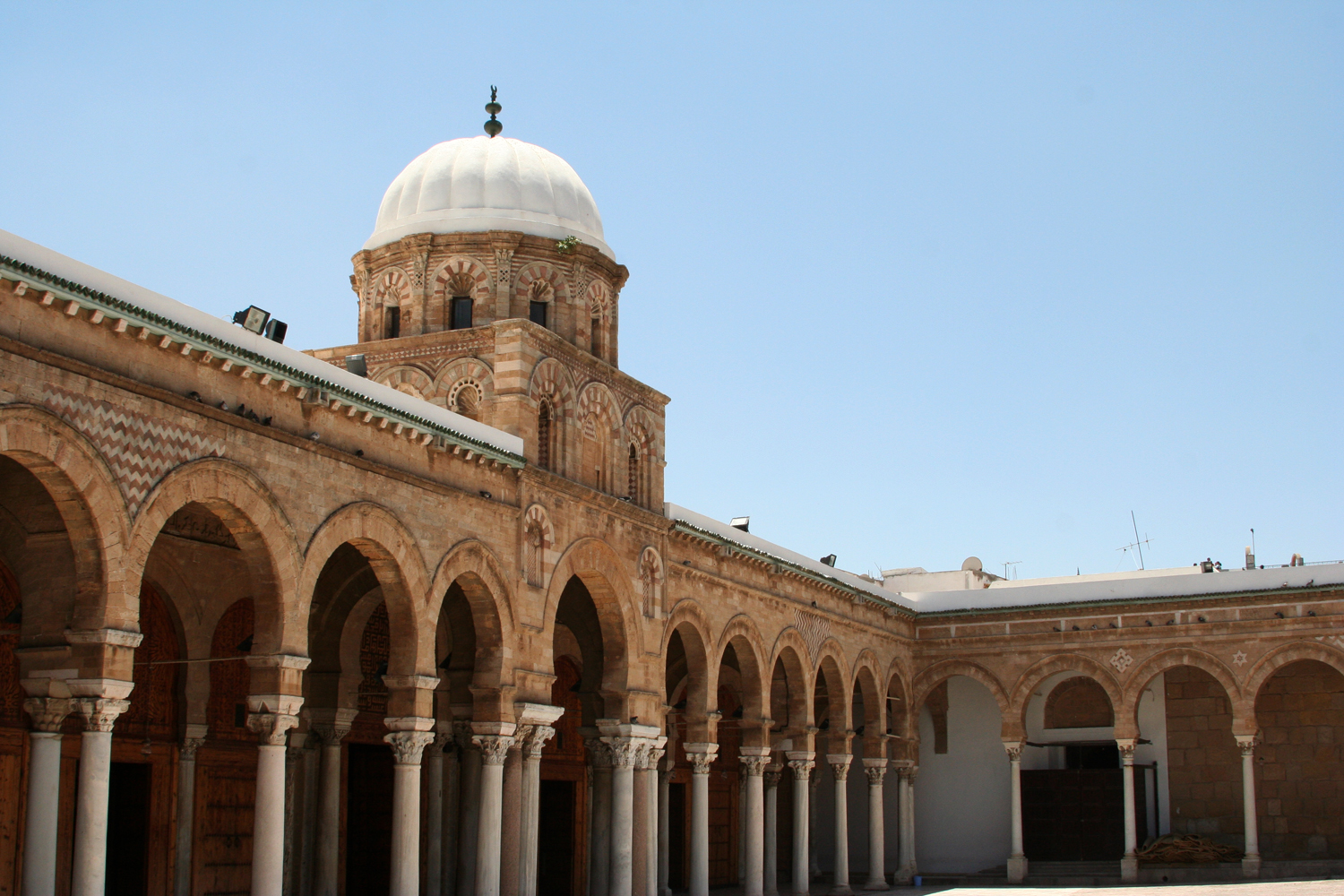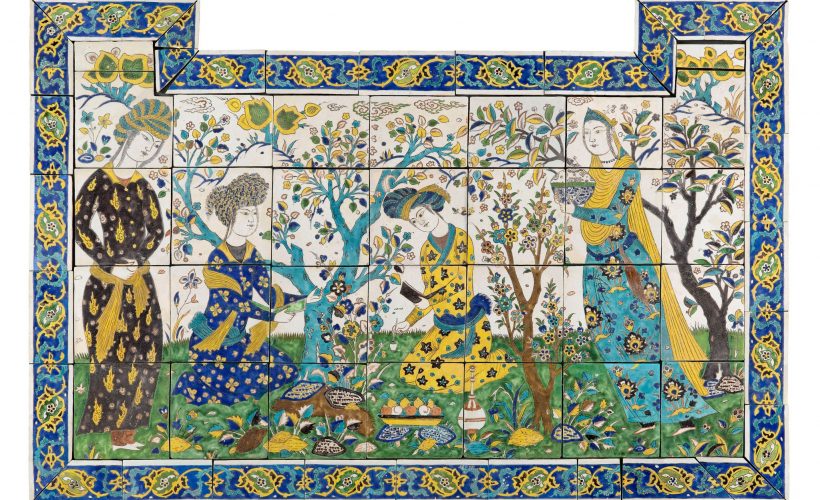History & Heritage
6.30.2023
Saint Olivia of Palermo: When Islam and Christianity meet in Tunisia

In Tunisia, the Zitouna mosque is the pinnacle of Islamic scholarship, and is considered one of the major centers of Maliki scholarship in the whole Islamic world. However, this edifice harbors a secret, where Islam and Christianity converge.
It’s all in the name
The word Zitouna means “Olive” in Arabic, and the name alone subtly alludes to the underlying link between the mosque and the Christian religion. Prior to its construction, the site of the Zitouna mosque housed a chapel dedicated to Olivia of Palermo, the patron saint of numerous Sicilian towns, who was also venerated in Tunis in Byzantine times.
Mosquée Zitouna, Tunis 🇹🇳 pic.twitter.com/Yay3poaCkj
— Red'1 (@RedTheOne) January 26, 2023
The tragic story of Olivia
Olivia, renowned for her exquisite beauty, was the daughter of a Sicilian aristocrat. At the tender age of thirteen, she fell victim to the misfortune of abduction by the Vandals, a Germanic tribe that was ruling Ifriqiya, which roughly corresponds to modern-day Tunisia, finding herself enslaved in Tunis. Her captors granted her the privilege of dwelling as a hermit in a secluded cave instead of keeping her enslaved. Christians believe that she began performing miraculous acts and fervently propagated the teachings of her faith, which ultimately led to her imprisonment and unspeakable torment as she followed a Christian confession that was not approved by the Vandals, who were Arians and at odds with Nicene Christians. Condemned to perish at the stake, the flames astonishingly recoiled according to legend, refusing to consume her, compelling her executioners to resort to beheading instead.
Following her death, Olivia acquired a cult following, in both Sicily and Tunis. And in the wake of the Islamization of the city, a new mosque emerged atop her shrine, bearing her name translated into Arabic, the language of Tunis’ new rulers.

Icon of Olivia of Palermo.
Tunis, her resting place
The mystique enveloping Saint Olivia deepens as we delve into the local beliefs intertwined with her relics. According to historical accounts, even centuries after the advent of Islam, deep-rooted superstitions prevailed, warning of dire consequences should anyone dare disturb or relocate her remains from the grounds of the mosque. Murmurs in medieval Islamic Tunisia that the retrieval of her relics would portend nothing short of the very dissolution of Islam itself.
antique shop near the Zitouna Mosque, Tunis pic.twitter.com/dIjfv8rkdg
— losojos (@losojosdev) March 4, 2022
And in the year 1402, King Martin I of Sicily, recognizing the precious treasures that Saint Olivia’s relics embodied to the Catholic religion in Italy, fervently sought their repatriation. However, the Hafsid Sultan of Tunisia Abu Faris al Mutawakkil resolutely dismissed the king’s plea, safeguarding the remains within the confines of the mosque.
popular

